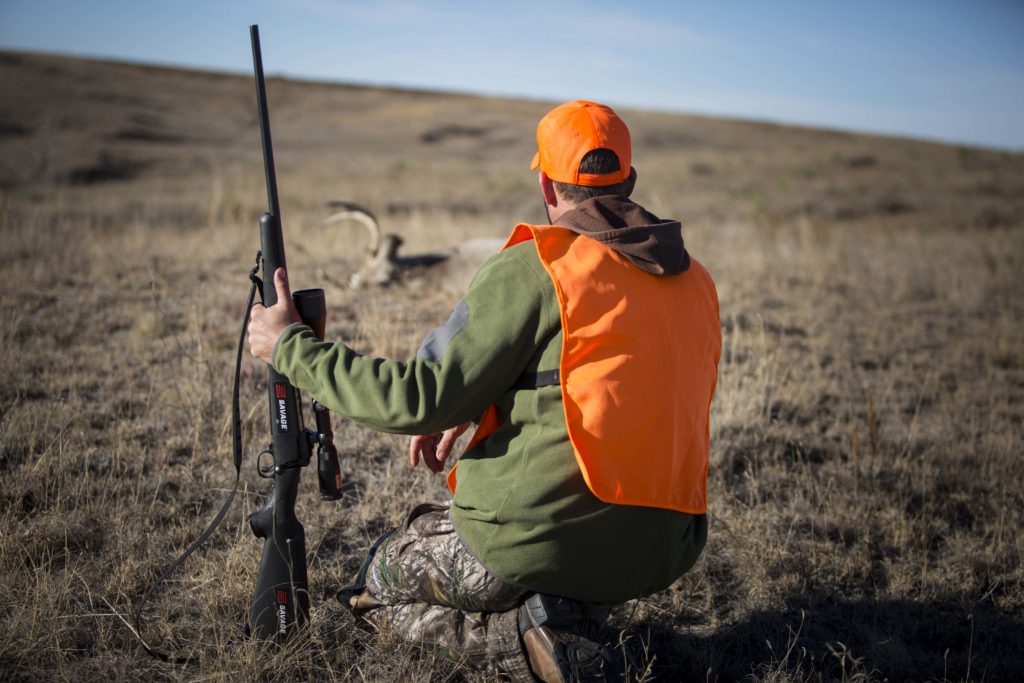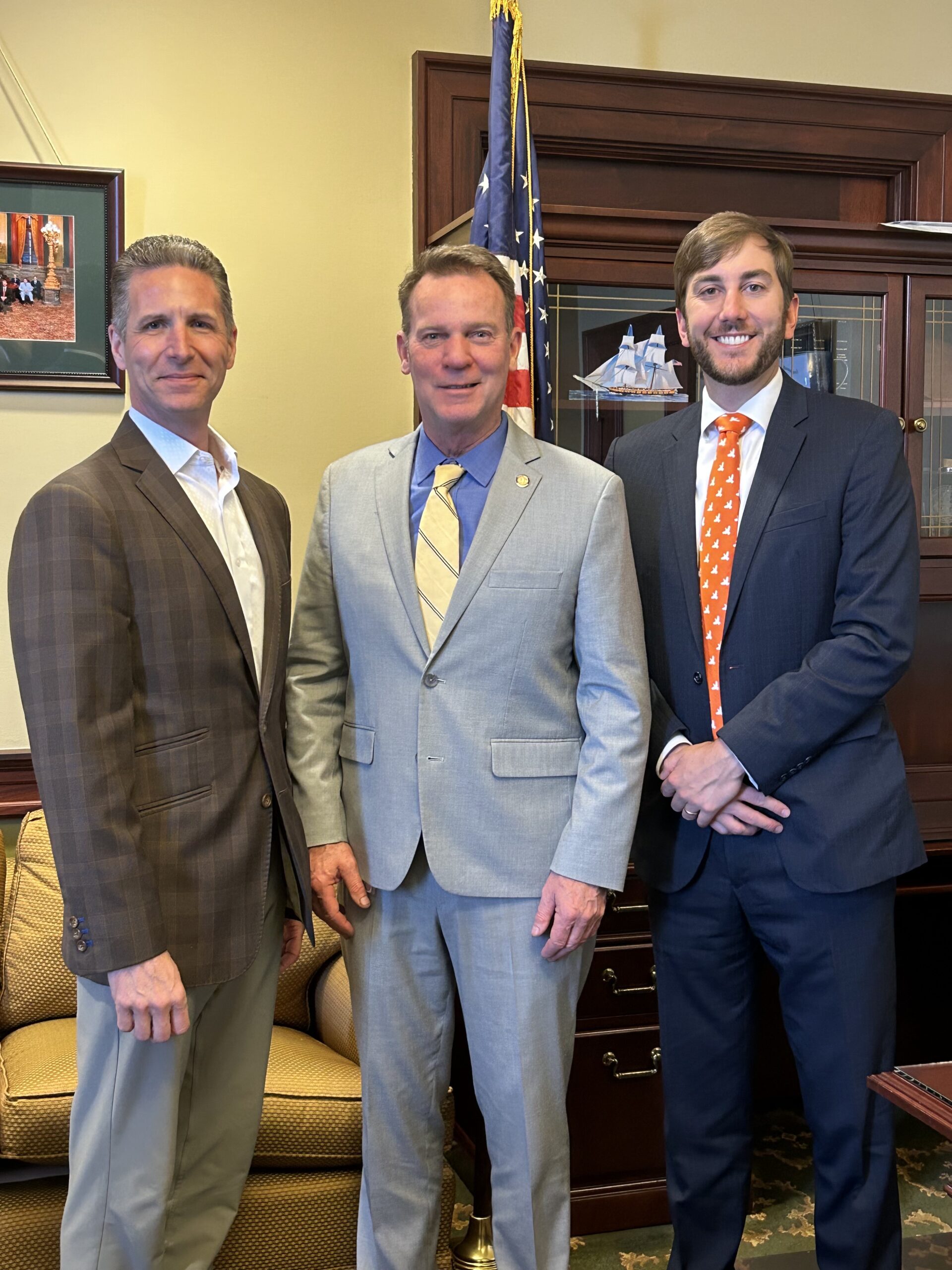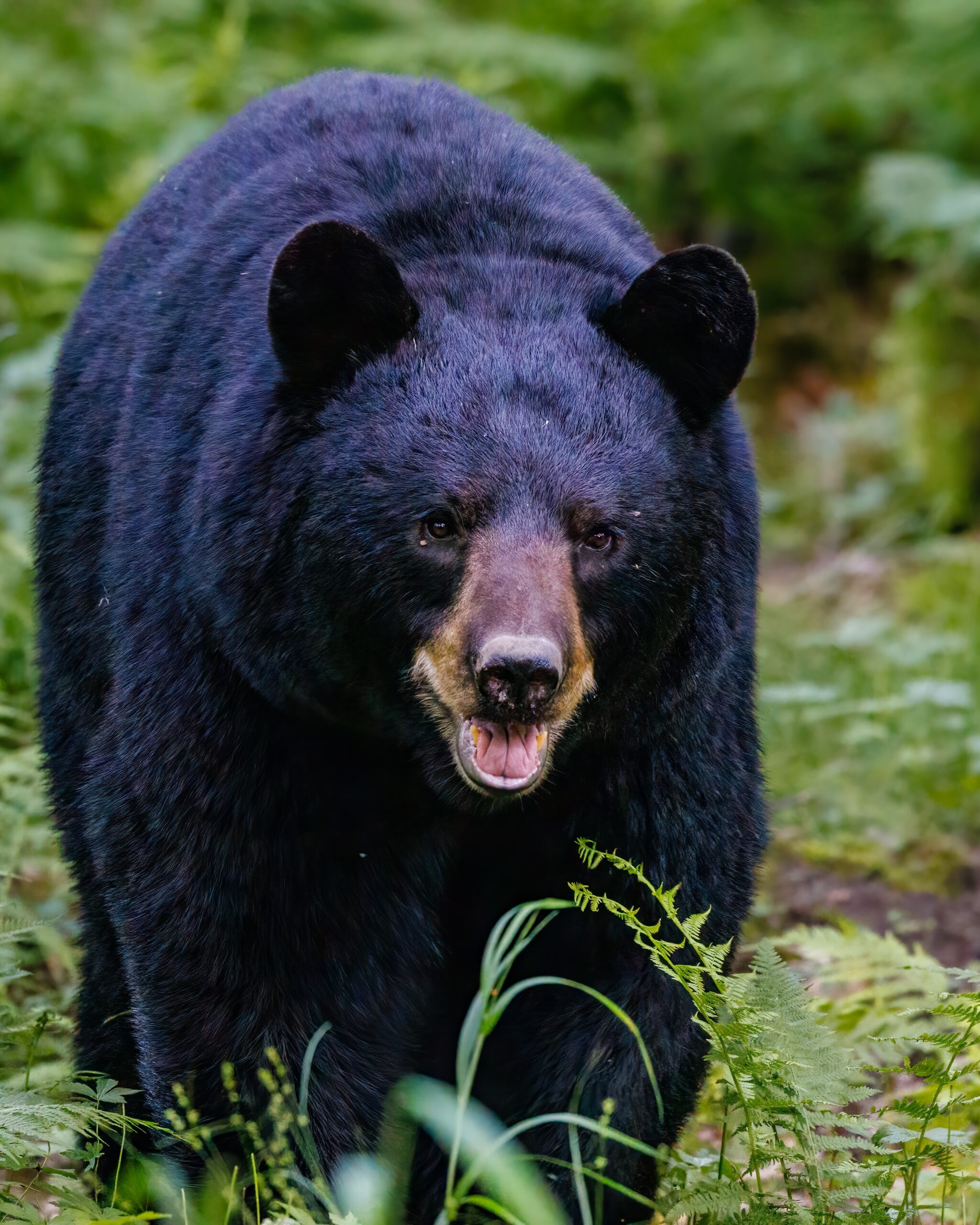On September 16, the U.S. Fish and Wildlife Service published the 2022 Hunt Fish Rule, which opens new hunting and fishing opportunities on approximately 38,000 acres across 18 National Wildlife Refuges in twelve states. The 2022 Hunt Fish Rule is part of an annual exercise that opens hunting and fishing opportunities on National Wildlife Refuges around the country. The FWS is required by law to prioritize hunting, fishing, and other “wildlife dependent recreational activities” on refuges.
Unlike prior rules which simply opened new opportunities, the 2022 Rule shuts down an otherwise lawful method of harvest—use of lead ammunition. The 2022 Hunt Fish Rule adopts regulations for the newly opened hunting opportunities which either immediately prohibit use of lead ammunition, or pledge to phase out use of lead ammunition by 2026. According to the FWS, “while the [FWS] continues to evaluate the future of lead use in hunting and fishing on [FWS] lands and waters, we do not plan to offer any hunting and fishing opportunities that would allow for the indefinite use of lead ammunition and tackle on the refuges included in this year’s rulemaking. In this final rule, Patoka River NWR will require non-lead ammunition and tackle by fall 2026, and this refuge-specific regulation will take effect on September 1, 2026. As part of the 2023-2024 proposed rule, Blackwater, Chincoteague, Eastern Neck, Erie, Great Thicket, Patuxent Research Refuge, Rachel Carson, and Wallops Island NWRs will propose a non-lead requirement, which would take effect on September 1, 2026.”
In August, SCI submitted comments that supported the new hunting opportunities, but opposed the lead ammunition restrictions. As explained in those comments, there is simply not enough scientific support for an across-the-board prohibition on use of lead ammunition. Among other things, research does not demonstrate widespread negative effects from lead ammunition. Rather, it shows negative impacts on a limited number of scavenger bird species. SCI urged the FWS to consider voluntary programs to encourage hunters to use non-lead ammunition, and SCI pointed out the potential detrimental impacts on hunter recruitment, retention, and reactivation (R3) from prohibiting the most widely-available type of ammunition. SCI also pointed out that for some bullet weights and calibers, there is no non-lead alternative available on the market. With these comments, SCI included the record of the Big Five Summer Series Panel on hunting access. While the FWS acknowledged SCI comments in the final 2022 Hunt Fish Rule, the agency made no changes.




